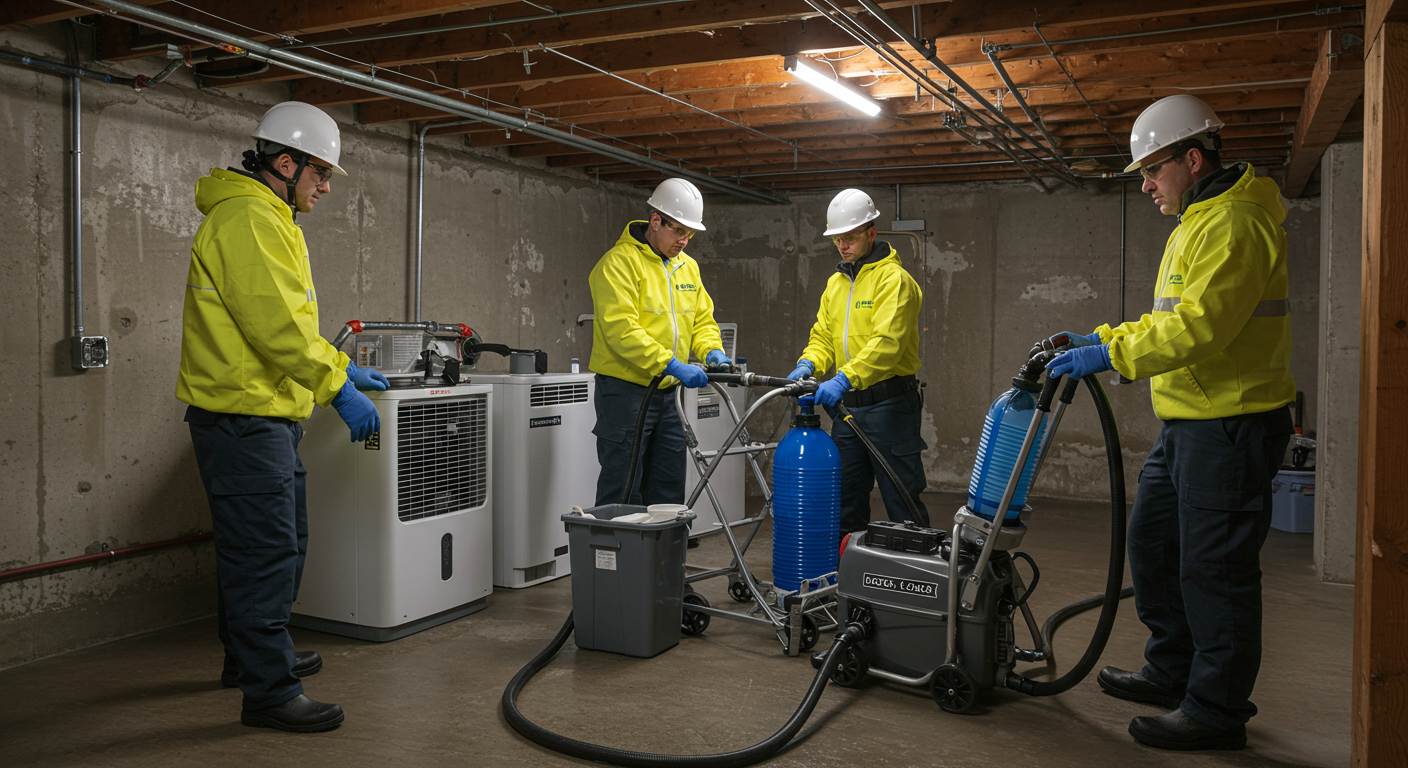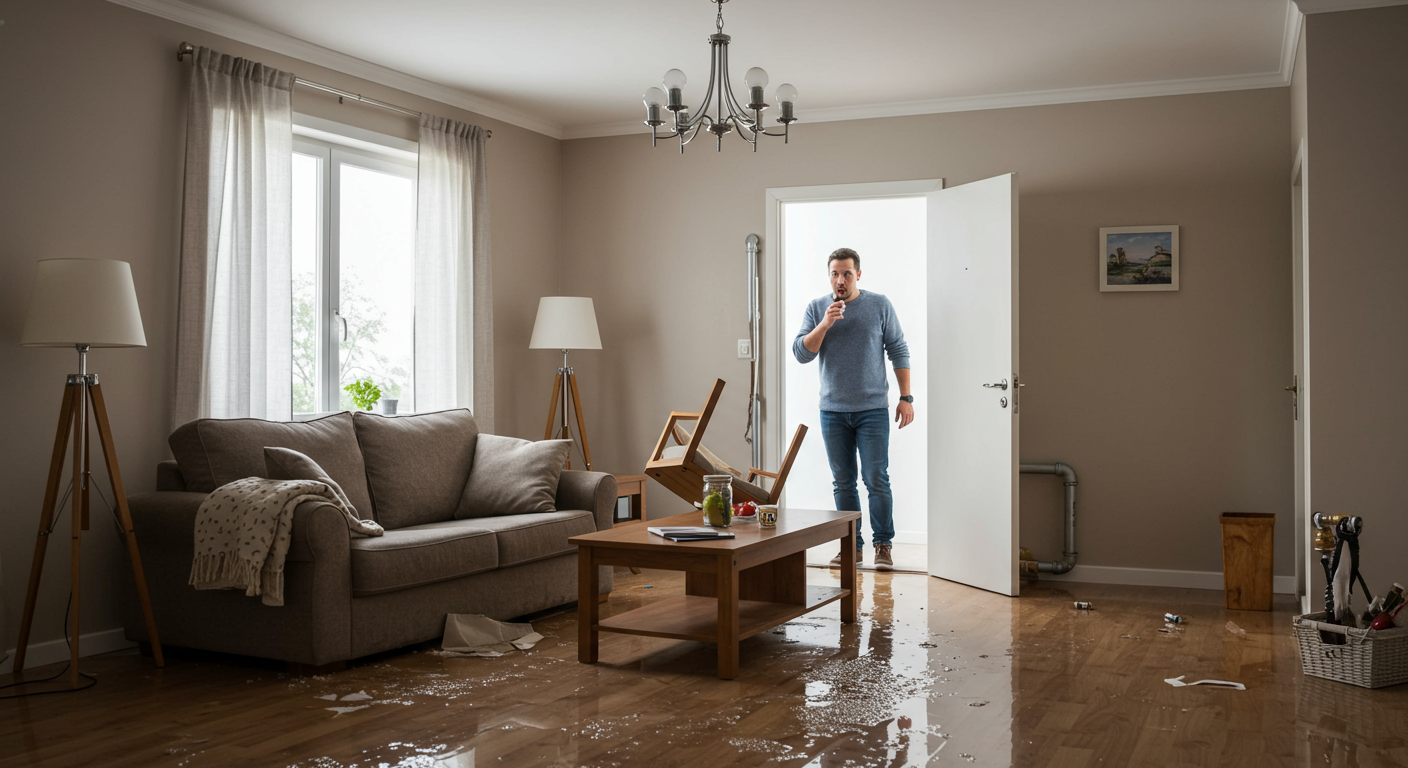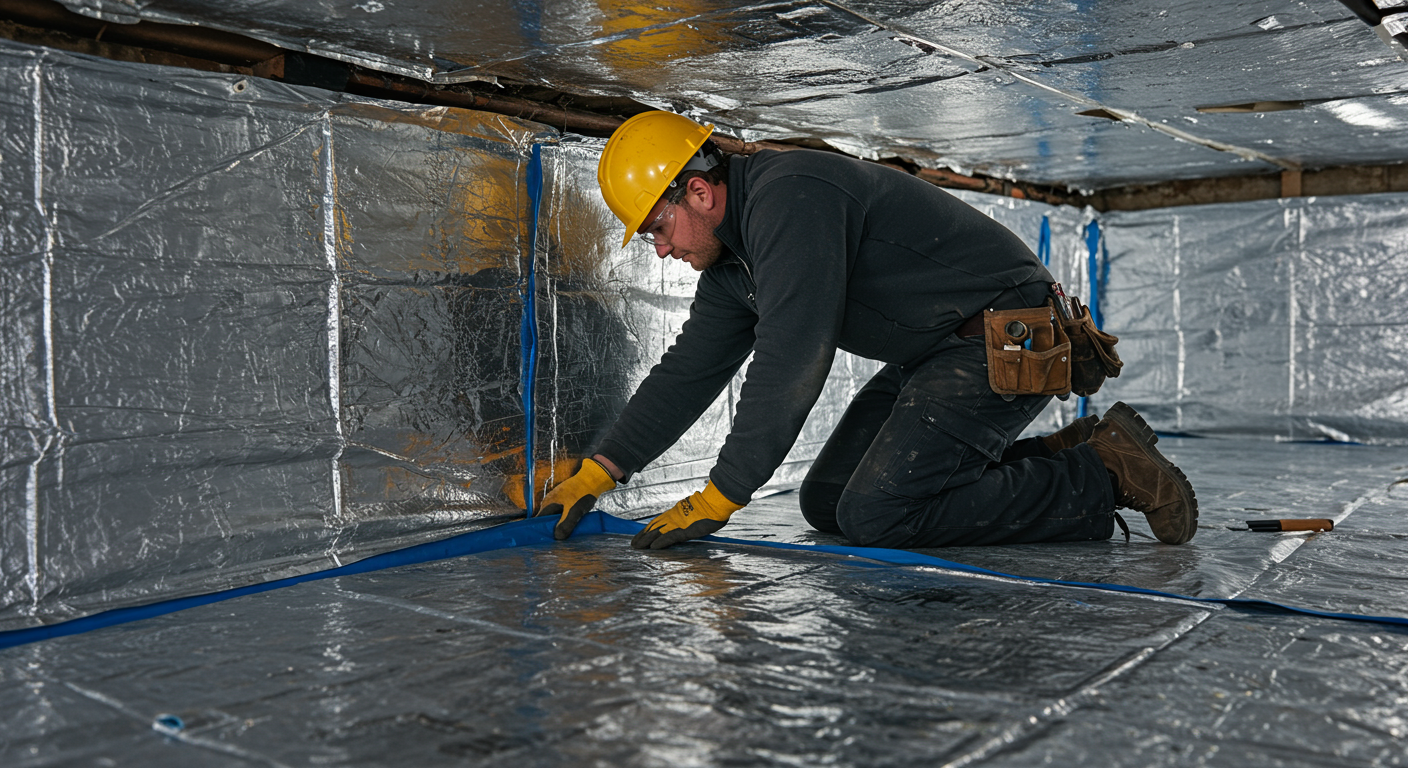Water damage can wreak havoc on homes and businesses, causing structural issues, health hazards, and financial burdens. In Caldwell, ID, where weather and infrastructure challenges are common, understanding water remediation is crucial. This guide explores everything you need to know about water remediation, from identifying causes to implementing solutions and prevention strategies.
Understanding Water Remediation in Caldwell, ID
What is Water Remediation?
Water remediation refers to the process of addressing and reversing water damage in properties. This involves removing water, drying affected areas, and restoring the property to its original state. It’s a comprehensive approach that ensures safety, prevents mold growth, and mitigates further damage.
Why is it Crucial for Caldwell Residents?
Caldwell, ID, experiences its share of weather-related challenges, including heavy rains and occasional flooding. Combined with aging infrastructure in some areas, water damage is a frequent concern. Effective water remediation not only protects your property but also safeguards your health by preventing mold and mildew growth. For residents, timely action can mean the difference between minor repairs and extensive restoration.
Common Causes of Water Damage in Caldwell, ID
Weather-Related Incidents
Caldwell’s climate can bring heavy rains, snowmelt, and occasional storms, leading to flooding and water intrusion. Homes near rivers or low-lying areas are particularly vulnerable. Proper drainage systems and flood barriers can help mitigate these risks.
Plumbing Failures and Appliance Leaks
Aging pipes, faulty plumbing, and malfunctioning appliances are common culprits of water damage. Burst pipes, leaking water heaters, and overflowing washing machines can cause significant damage if not addressed promptly. Regular maintenance and inspections are key to preventing such issues.
The Water Remediation Process: Step-by-Step Guide
Emergency Response and Assessment
The first step in water remediation is a swift response. Professionals assess the extent of the damage, identify the source of water intrusion, and develop a remediation plan. Acting quickly minimizes damage and reduces restoration costs.
Water Removal and Drying Techniques
Using industrial-grade equipment like pumps and vacuums, professionals remove standing water. Dehumidifiers and air movers are then employed to dry the affected areas thoroughly. This step is critical to prevent mold growth and structural damage.
Restoration and Damage Repair
Once the property is dry, the restoration process begins. This may involve repairing drywall, replacing flooring, and addressing any structural issues. The goal is to restore the property to its pre-damage condition, ensuring safety and comfort.

Preventing Water Damage in Your Caldwell Home
Proactive Maintenance Tips
- Inspect Your Roof and Gutters: Ensure they are free of debris and in good condition to prevent leaks.
- Seal Windows and Doors: Proper sealing prevents water intrusion during storms.
- Monitor Plumbing Systems: Regularly check for leaks and replace aging pipes.
- Install a Sump Pump: A sump pump can prevent basement flooding during heavy rains.
- Turn Off the Main Water Valve: In case of a leak, shutting off the water supply can minimize damage.
Navigating Insurance Claims for Water Damage
Dealing with water damage can be stressful, but understanding your insurance policy can ease the process. Document the damage with photos and videos, and contact your insurance provider promptly. Many policies cover water damage caused by sudden and accidental incidents, but it’s essential to clarify coverage details.
Call-to-Action: Protect Your Property Today
Water damage can be overwhelming, but you don’t have to face it alone. If you’re dealing with water damage or want to prevent future issues, contact our team for a free inspection and consultation. Our experts in Caldwell, ID, are here to provide reliable water remediation services tailored to your needs. Learn more about our services here.
FAQs About Water Remediation in Caldwell, ID
How long does the water remediation process take?
The duration depends on the extent of the damage. Minor cases may take a few days, while severe damage could require weeks for complete restoration.
Can I handle water remediation myself?
While minor water spills can be managed with household tools, significant water damage requires professional expertise to ensure thorough drying and restoration.
What are the health risks of untreated water damage?
Untreated water damage can lead to mold growth, which poses health risks such as respiratory issues, allergies, and infections.
How can I prevent mold growth after water damage?
Ensure the affected area is thoroughly dried, and consider using dehumidifiers. Professional remediation services can also apply mold inhibitors for added protection.
By understanding the causes, processes, and prevention strategies for water damage, Caldwell residents can better protect their homes and businesses. For expert assistance, don’t hesitate to reach out to our trusted water remediation professionals.


